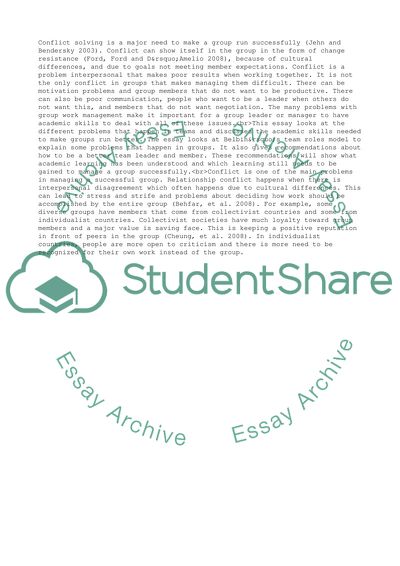Cite this document
(Managing Group Working Coursework Example | Topics and Well Written Essays - 2250 words, n.d.)
Managing Group Working Coursework Example | Topics and Well Written Essays - 2250 words. Retrieved from https://studentshare.org/management/1871165-as
Managing Group Working Coursework Example | Topics and Well Written Essays - 2250 words. Retrieved from https://studentshare.org/management/1871165-as
(Managing Group Working Coursework Example | Topics and Well Written Essays - 2250 Words)
Managing Group Working Coursework Example | Topics and Well Written Essays - 2250 Words. https://studentshare.org/management/1871165-as.
Managing Group Working Coursework Example | Topics and Well Written Essays - 2250 Words. https://studentshare.org/management/1871165-as.
“Managing Group Working Coursework Example | Topics and Well Written Essays - 2250 Words”, n.d. https://studentshare.org/management/1871165-as.


